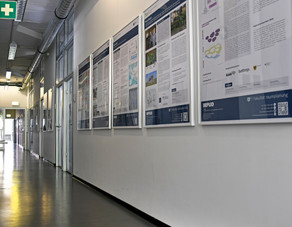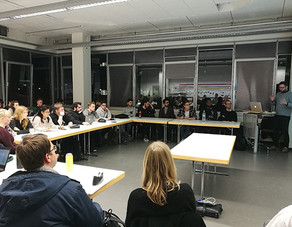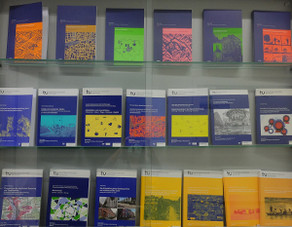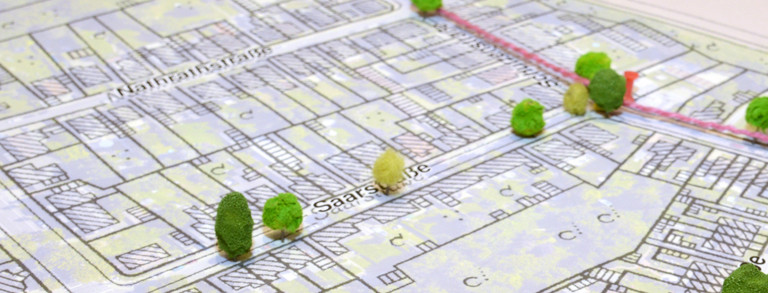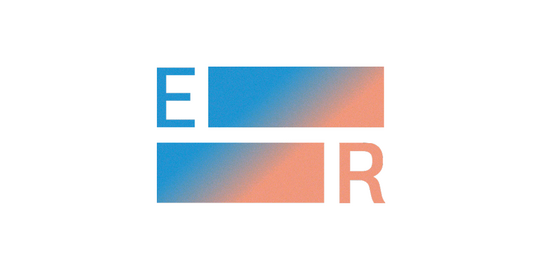Evolving Regions - Implementation of Regional Climate-Adaptation-Processes in NRW and the Netherlands in Form of Road-map Procedures and Regional Climate-Impact-Analyses
Project duration: 07/2019 to 03/2023
Climate change is already affecting North Rhine-Westphalia today. Although the relevance of climate adaptation measures is becoming increasingly clear, obstacles to their implementation can still be identified at local and regional level. The main objective of Evolving Regions is therefore to promote innovative approaches to the implementation and long-term realisation of strategies to increase climate resilience and adaptation at regional level, involving all relevant stakeholders. Climate adaptation and climate resilience are to be established as cross-cutting issues in the fields of urban planning, buildings and infrastructure as well as resource management in NRW by establishing inter-communal cooperation (mainstreaming).
Within the context of Evolving Regions, the IRPUD is particularly responsible for the preparation of climate impact analyses, which are integrated into the roadmap process. First, the state of research on current and expected characteristics of relevant climate signals in NRW will be summarised in the form of fact sheets. In the further course of the project, climatic data for each region will be merged with the sensitivity of the area within the framework of regional climate impact analyses in order to identify spatial priorities for action. A standardised procedure will be developed for the climate impact analyses in order to be able to compare the results between the regions and making the methodology applicable for other regions outside of this project. Within the roadmap process, thematic fields will be identified in the regions and will be discussed on the basis of detailed analyses from the IRPUD.
3 overall goals
- Improving the resilience of the participating regions to the effects of climate change
- The integration of cross-sectoral topics of climate adaptation into local and regional planning processes
- Supporting the development of skills and capacity in the regions through a networking process and the development of a consultant market for climate adaptation
Sub-goals of the IRPUD
- Conducting regional climate impact analyses in three steps
- Descriptive analysis of relevant climate signals for NRW
- Standardised climate impact analysis
- Topic-specific detailed analyses
- Applying the method of parallel modelling
- Current and future climatic situation
- Current and future demographic situation
- Integrating the climate impact analyses into the roadmap process
Sponsorship
- The project is funded by the EU-environmental programme LIFE and cofinanced by the MULNV NRW.
- Cooperation: Sozialforschungsstelle (SFS/TU Dortmund, Verbundkoordination), Bildungszentrum für die Ver- und Entsorgungswirtschaft (BEW), Deutsches Institut für Urbanistik (DIFU), Prognos AG, Universität Twente, ZDF Digital
- Regions: Wesel, Steinfurt, Siegen-Wittgenstein, Soest, West-Overijssel/ Ijssel Vechtdelta, Minden-Lübbecke, Coesfeld, Lippe
- Evolving-Regions-poster PDF (2 MB)



